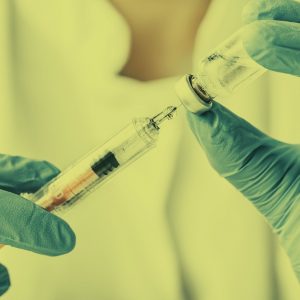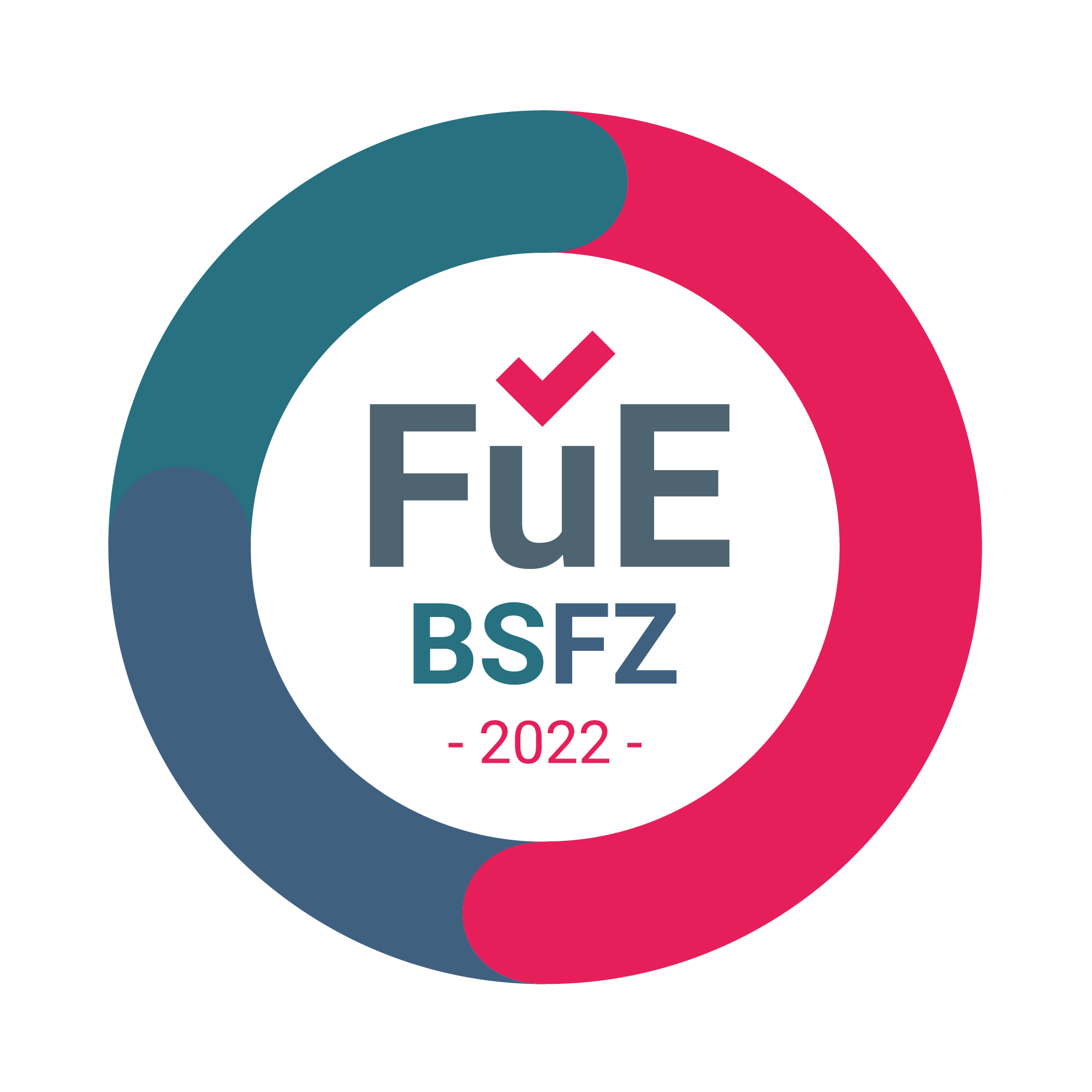

T-Balance® Therapeutics
About us
T-Balance® Therapeutics was founded in 2019 under the name OGen GmbH. The biotechnology start-up operating out of Frankfurt/Main and Munich boasts an experienced team with an extensive network of renowned partners in the fields of CMC, Regulatory Affairs, and pre-clinical and clinical development. T-Balance® Therapeutics focuses on developing the humanised monoclonal antibody tregalizumab in indications with a significant medical need. Its novel mechanism of action aims to bring the immune system back into balance and thus mitigate or prevent the development of inflammatory disease.
Tregalizumab
Innovative treatment approach
Tregalizumab binds to its target, the surface antigen CD4, in a unique manner and, unlike other molecules in its class, specifically activates Tregs. Tregalizumab does not activate effector T cells or deplete CD4-positive T cells, which are crucial for the adaptive immune response. Tregalizumab therefore has the potential to treat autoimmune and other inflammatory diseases mediated by T cells.






Key features of tregalizumab
-
Unique specificity
Selectively activates regulatory T cells (Tregs) -
Extensive preclinical and clinical data
More than 700 subjects have already been dosed with tregalizumab
- Robust safety profile
-
Well investigated pharmacokinetic profile:
Established dose range and method of application (s.c. and i.v.) Acts early in the inflammatory cascade
Therapeutic potential
Innovative Treatment Approach
Through the activation of regulatory T cells (Tregs), tregalizumab offers a promising approach for preventing and treating diseases mediated by T cells. This innovative therapeutic approach is supported by recent scientific findings on the pathogenesis of inflammatory diseases and on the role of Tregs. In order to exploit the full potential of tregalizumab, it is vital that appropriate indications and/or disease stages are selected. Furthermore, by blocking pathological T-cell responses early in the course of a disease, intervention with tregalizumab may inhibit progression and manifestation of that disease. Tregalizumab may also be used as a preventive therapy in specific indications.
T-Balance is currently generating pre-clinical evidence in various diseases mediated by T cells, for which as yet unmet significant medical need exists.
Unlocking Tregalizumab’s Potential
4 7th International Conference on Infectious Diseases, Bacteriology and Antibiotics. October 12-13, 2020 Prague, Czech Republic. Abstract of Autoimmune Disease Session. URL: https://infectiousdiseases.annualcongress.com/events-list/autoimmune-disease. Cited: 5 June 2020
Milestones
Milestones already reached
FDA grants orphan drug status to tregalizumab in graft versus host disease
As an important step towards later-stage development of its lead asset tregalizumab, T-Balance obtained further validation of its regulatory T-cell activating anti CD4 antibody. US regulatory authority FDA granted orphan drug status for the use of tregalizumab in prevention of acute graft-versus host disease. This is a key element of making a new therapeutic concept available to patients with high unmet medical need.
Tregalizumab has already undergone extensive investigations in scientific and clinical studies on autoimmune and inflammatory diseases. Additional pre-clinical data on the further development of tregalizumab are currently being collected. In earlier clinical studies, various i.v. and s.c. dosages were tested in almost 700 patients and subjects treated for up to 48 weeks. As a result, tregalizumab has demonstrated a robust safety profile with a wide therapeutic window.
The safety profile was verified in a recently concluded phase IIa study in patients with allergic asthma. However, the primary endpoint of the study was not achieved. Scientific findings are increasingly indicating that, depending on the phase of the disease, alongside T cells, B cells play a crucial role in allergic asthma.
The mechanism of action of tregalizumab was investigated in in vitro models for the indication Graft-versus-Host-Disease (GvHD), a disease modulated by Tregs and efficacy has been shown. The resulting findings, encourage T-Balance to further explore GvHD as a lead indication.
The next milestone
The efficacy potential in the lead indication GvHD is currently being further investigated in a scientifically well established GvHD model system.
The good safety and tolerability profile of tregalizumab could directly enable a phase II clinical study in GvHD.
Graft versus Host Disease (GvHD)
GvHD is a life-threatening adverse effect of allogenic stem cell transplantation (also haematopoietic stem cell transplantation; HSCT), which is the transplantation of donor’s blood stem cells (haematopoietic stem cells; HSC), following chemotherapy. In this disease the donor’s transplanted immune cells (the allograft) identify the cells and the tissue of the recipient (the host) as foreign, which leads to a complex interaction between the adaptive immunity of the donor and the recipient, followed by large-scale destruction of the host tissue.
Allogenic haematopoietic stem cell transplantation (aHSCT) is performed in cases of leukaemia, in order to make use of the therapeutically desirable Graft versus Leukemia effect (GvL). Here, the donor cells target the malignant cells of the recipient for attack, resulting in a curative effect. At the same time, transplantation of allogenic HSCs increases the risk of developing GvHD.
A clinical distinction is made between acute and chronic GvHD, both of which are based on a specific pathological process:
- acute GvHD generally occurs within 100 days of the transplantation and involves severe systemic inflammation and tissue destruction in several organs such as the liver, lungs, intestine and skin
- Chronic GvHD has similarities with autoimmune diseases and leads to large-scale fibrosis of the target organs
In particular, the influence of regulatory T cells in preventing GvHD is extensively described in the literature.* Inadequate re-establishment of Tregs following aHSCT is associated with a high risk of developing acute or chronic GvHD.
Our approach is therefore to prevent the occurrence of acute GvHD by using tregalizumab to activate Tregs in the early stage following transplantation.
* Expert review Hematology J. Koreth et.al. 2020, DOI: 10.1080/17474086.2020.1709436
1 Global burden of 369 diseases and injuries in 204 countries and territories, 1990-2019: a systematic analysis for the Global Burden of Disease Study 2019. Lancet. 2020;396(10258):1204-22
2 Nunes et al. Asthma Research and Practice (2017) 3:1
3 Global, regional and national age-sex-specific mortality for 282 causes of death in 195 countries and territories, 1980-2017: a systematic analysis for the Global Burden of Disease Study 2017. Lancet 2018; 392:1736-88.

